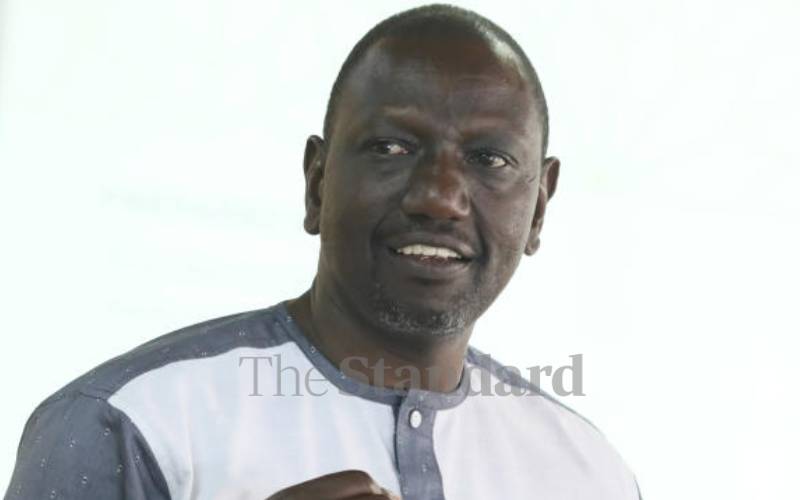×
The Standard e-Paper
Smart Minds Choose Us

Deputy President William Ruto at the Sun N Sand Hotel in Kilifi County, May 22, 2021. [Omondi Onyango, Standard]
Deputy President William Ruto has backed a fresh bid by lawmakers to scrap degree requirement for aspirants in next year’s General Election.